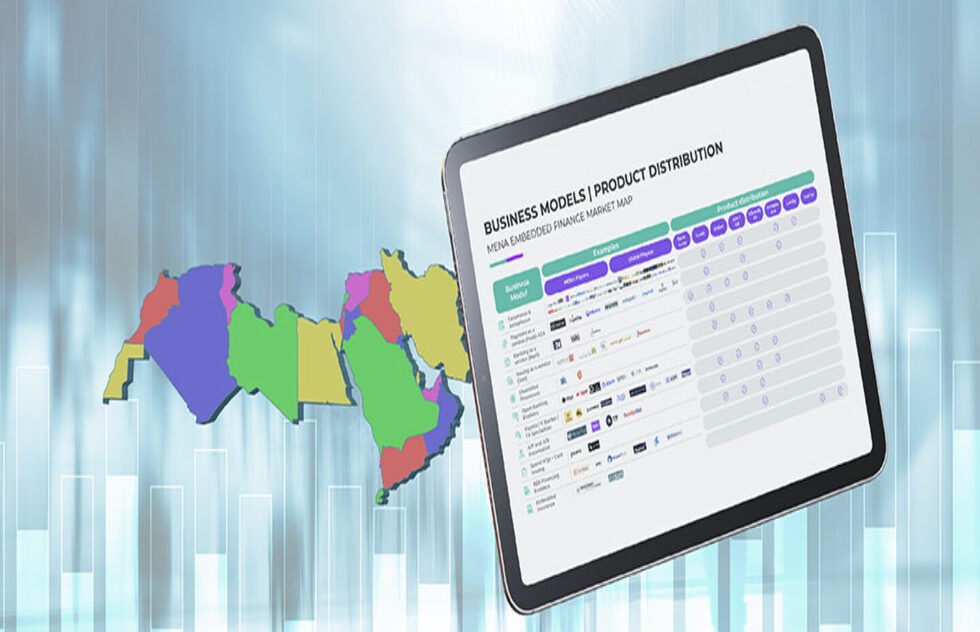We use cookies to ensue you get the best experience on our website

In the Middle East and North Africa (MENA), embedded finance is picking up steam among telcos, tech startups and retailers.
These companies are rapidly embracing the concept to tap into new revenue streams and enhance customer experiences, a new report by Mingzulu, a Dubai-based management consulting company, says.
Embedded finance, a concept referring to the integration of financial services into non-financial platforms or products, has recorded remarkable growth in recent years, driven by various factors reshaping the financial services landscape including advancements in technology, the rise of open banking initiatives, and consumer demand for seamless experiences across all aspects of their lives.
A study conducted in 2023 by Dutch payment firm Adyen and the Boston Consulting Group found that demand for embedded financial products is increasing among small and medium-sized enterprises (SMEs), with 64% of the SMEs surveyed expressing interest in financial services integrated into a platform.
And yet, the SME embedded finance market is still nascent, with less than 5% of the SMEs polled sourcing financial services through platforms, and showing promising growth prospects. Estimates by Juniper Research predict that the global embedded finance sector will grow by 148% through 2028 and reach a value of US$228 billion.
Embedded finance in MENA
In MENA, the embedded finance market is currently worth US$10 billion, a valuation that’s projected to grow by 45% to 2030, the Mingzulu report says. This growth will be driven by the desire to capitalize on digital transformation, leverage fintech innovation, and gain a competitive edge in the market, it says.
Looking at the current state of the market, the report says that the MENA embedded finance market comprises a considerable number of regional and global players. These companies operate under various business models and offer different value propositions, with commerce and acceptance being the most crowded segment, followed by payout and cross-border payments, and payment-as-a-service (PaaS) and account-to-account (A2A) payments. Other specialties present include open banking enablers, business-to-business (B2B) financing enablers, and issuing-as-a-service (IaaS).
Notable players in the MENA embedded finance market include Tamara and Tabby, two buy now pay later (BNPL) unicorn startups from Saudi Arabia and the United Arab Emirates (UAE), respectively; Wio Bank, an integrated digital banking platform from the UAE; and Rasan, a Saudi Arabian provider of insurtech and banking solutions.